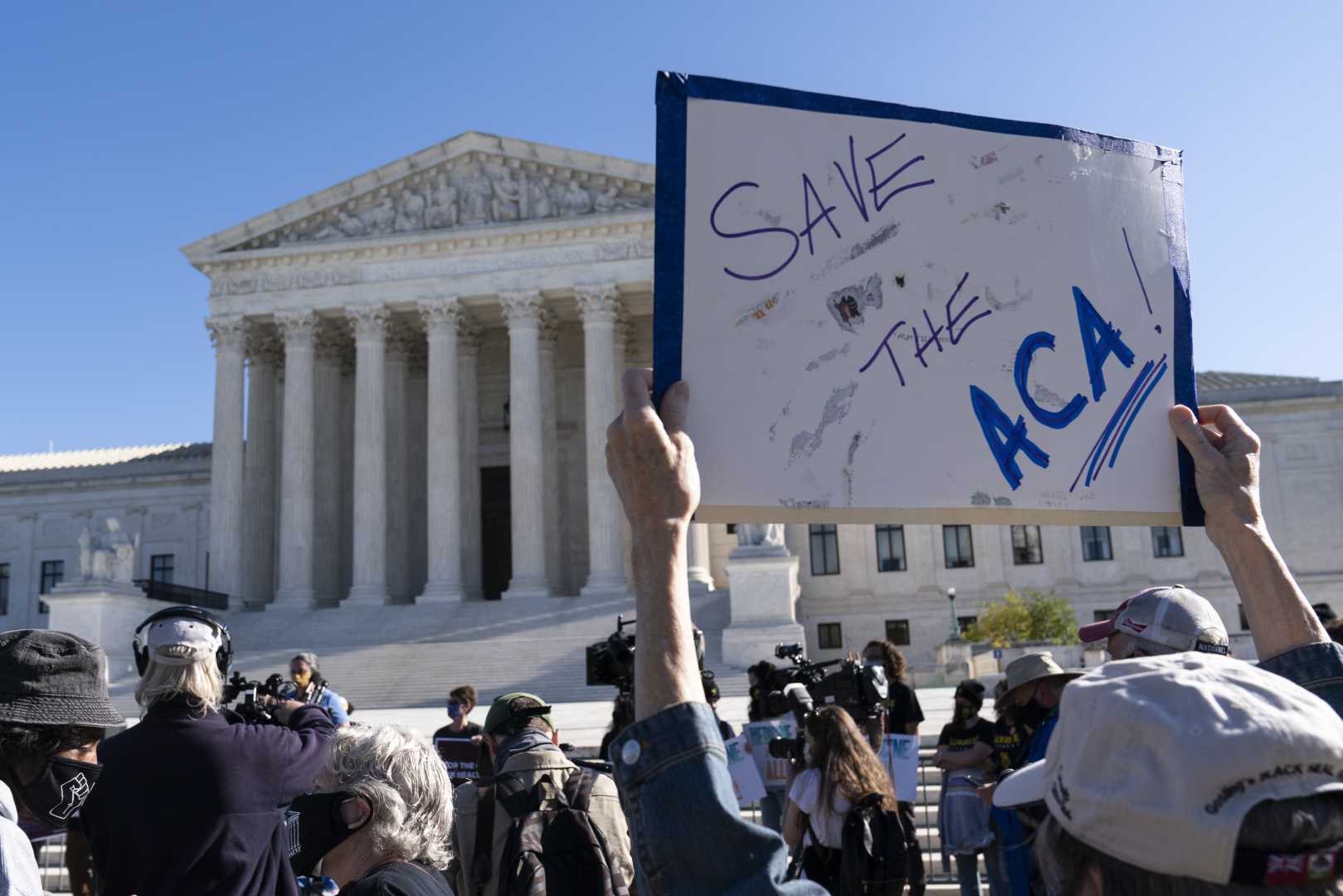Health
Supreme Court to Decide Fate of No-Cost Preventive Health Care Coverage

WASHINGTON, D.C. — The Supreme Court is set to hear arguments Monday in a pivotal case that could reshape access to preventive health care in the United States. The case, known as Kennedy v. Braidwood Management, challenges a provision of the Affordable Care Act (ACA) requiring private insurers to cover certain health screenings and services at no cost to patients.
Since the ACA’s enactment in 2010, which mandates free preventive services like cancer screenings, mammograms, and HIV prevention medications, approximately 150 million individuals enrolled in private health insurance plans have benefited. A recent analysis by KFF indicates that nearly 10 million people received at least one preventive health service in 2019.
Arthur Caplan, head of the division of medical ethics at NYU Langone Medical Center, emphasized the stakes of the case. “This is a really crucial case,” he stated. “The price will be paid in dead bodies if the court rules against.”
The lawsuit, initiated in 2022 by conservative Christian employers in Texas, argues that the ACA’s provision requiring coverage for the HIV prevention pill PrEP infringes upon their religious rights. Additionally, the plaintiffs assert that the U.S. Preventive Services Task Force — responsible for determining which services insurers must cover — is unconstitutional because its members are not appointed by the president or confirmed by Congress.
In a 2022 ruling, the 5th U.S. Circuit Court of Appeals sided with the plaintiffs but limited the decision to the eight Texas companies involved in the case, without extending the ruling nationwide. The Biden administration subsequently appealed to the Supreme Court, while the Trump administration announced its intention to defend the ACA’s provision. A decision from the Supreme Court is anticipated in June.
If the Supreme Court rules against the ACA’s provision, insurers may deny coverage for a variety of preventive services, according to Laurie Sobel, an associate director for women’s health policy at KFF. “The recommendations would go back to March 2010,” Sobel noted, discussing the potential rollback of preventive services and coverage age thresholds.
Richard Hughes, a health care attorney for Epstein Becker Green and lead counsel for the HIV+Hepatitis Policy Institute, warned that removing the requirement for free preventive services could lead to increased barriers for patients. “You’re going to see some restriction of access,” Hughes said. “That’s been shown to be a barrier, because people are more inclined to walk away from a service when they’re presented with an out-of-pocket cost.”
Many health experts, including Sobel, fear that if free preventive services are no longer mandated, it will deter individuals from seeking necessary medical care. “Right now we can say, if you’re on a private health insurance plan, then you’re entitled to no cost sharing,” Sobel added.
Even should the Supreme Court side with the Biden administration, there remain concerns regarding potential changes in how the Health Secretary might influence task force operations. In a court filing, the Trump administration claimed that task force members are inferior officers, indicating that the Health and Human Services Secretary ultimately has the final say on insurance coverage mandates.
Chronic conditions, such as heart disease, cancer, and diabetes, are the leading causes of death in the U.S., according to the Centers for Disease Control and Prevention. The ACA’s preventive services rule has been linked to improved health metrics among Americans, and studies suggest it has led to early cancer diagnoses.
Caplan expressed hope that Kennedy will address the case, stating, “It doesn’t make any sense to keep talking about Make America Healthy Again while taking away preventive services.” A spokesperson for the Department of Health and Human Services did not immediately respond to inquiries related to the case.












